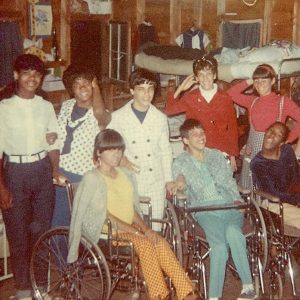
Camp Jened campers. 1967. Credit: Netflix.
Crip Camp is a documentary that will enrich any educator’s teaching of the Civil Rights Movement. The film traces the birth of the disability rights movement from the late 1960s to today. It opens with an examination of Camp Jened, a summer camp for people with disabilities that one of the directors, Jim LeBrecht, born with spina bifida, attended as a youth.
The camp gave attendees what the outside world could not — a chance to simply be teenagers. Campers played games, discussed troubles at home and, like most teenagers, explored their sexuality. This opening segment is both funny and poignant.
The movie then pivots to the efforts by Judy Heumann and other people with disabilities in their fight for civil rights, first in New York City, then San Francisco, and on to Washington, D.C. The movie inspires viewers by showing the activism of people with disabilities and their struggle to be treated as equals by the wider society. These compelling stories include delightful moments of solidarity, like members of the Black Panther Party feeding demonstrators in San Francisco and the Machinists union providing transportation in D.C.
The movie culminates with the 1990 passage of the Americans with Disabilities Act, but cautions viewers, by way of writer and Crip Camp “star” Denise Sherer Jacobson, that “until you change society’s attitudes [toward people with disabilities] that law won’t mean much.” [Description from Rethinking Schools.]

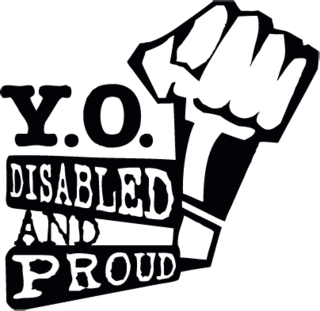
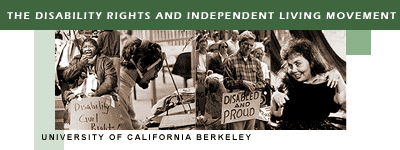
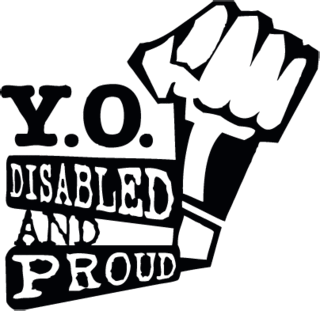
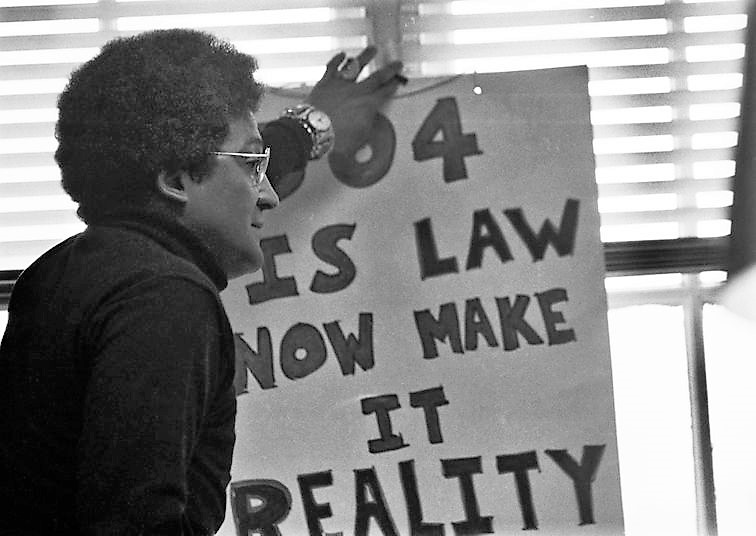
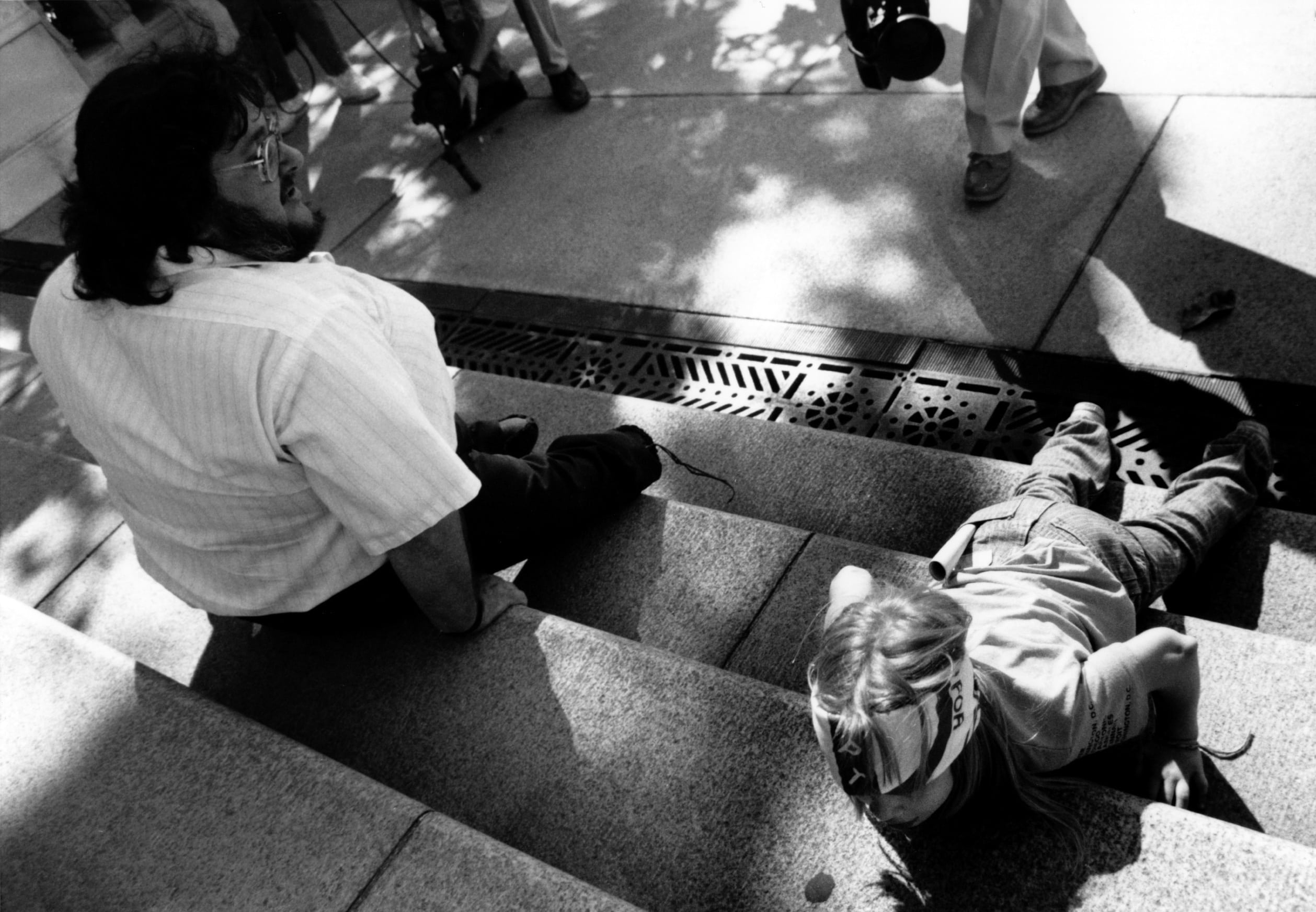
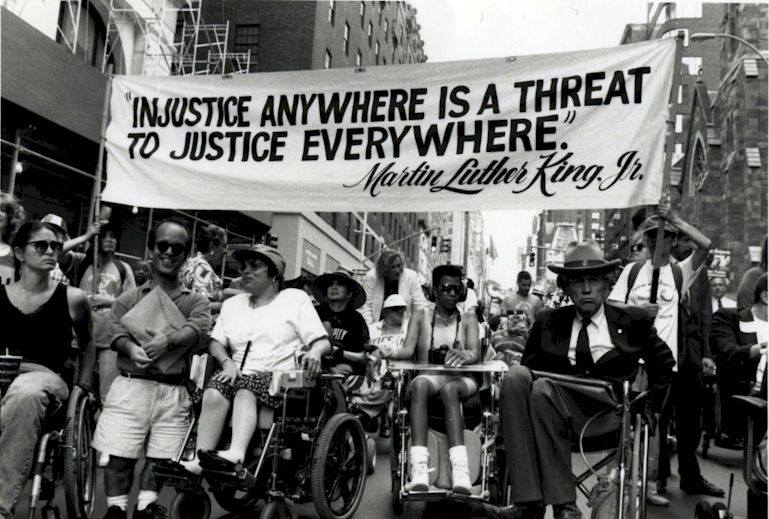






Twitter
Google plus
LinkedIn